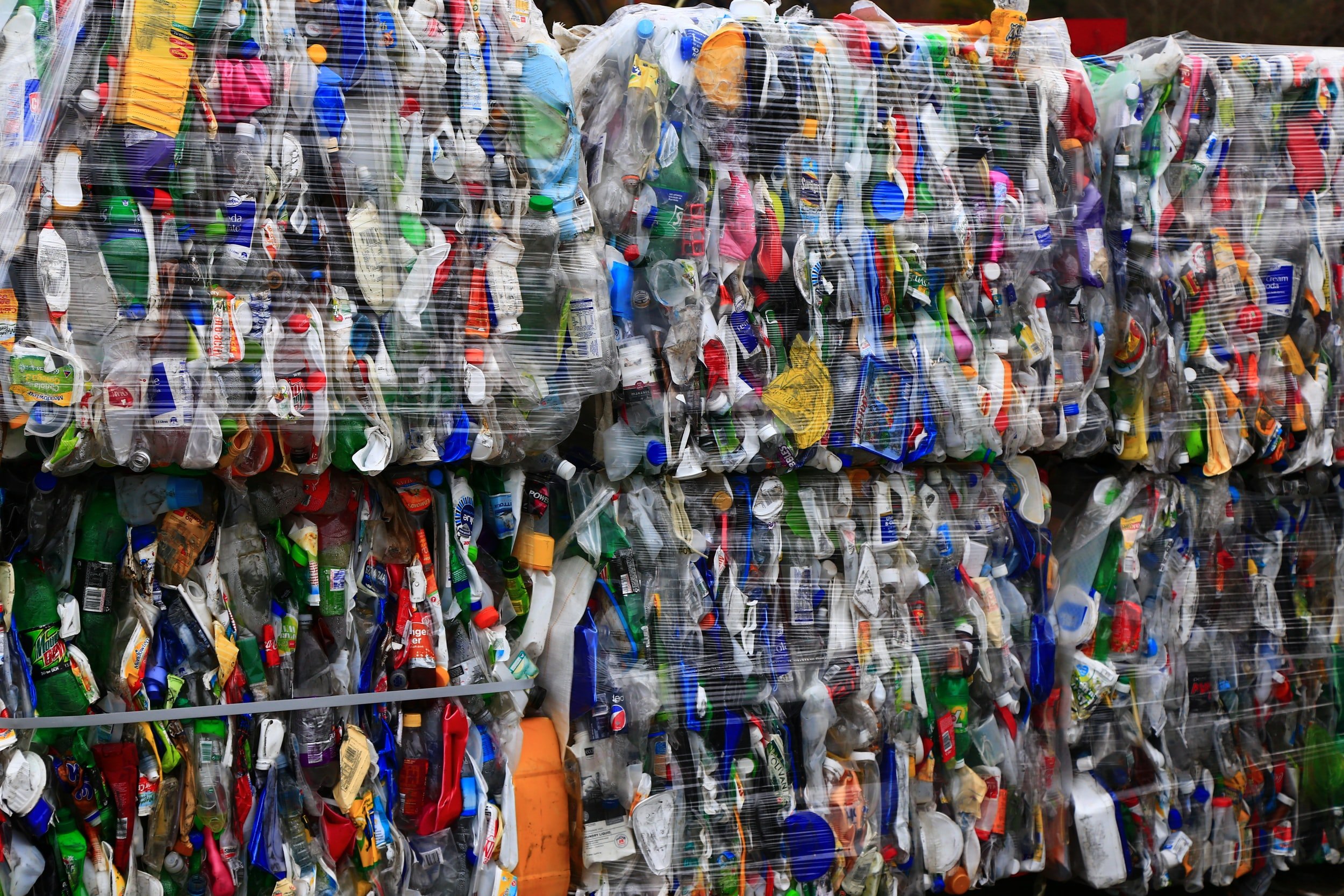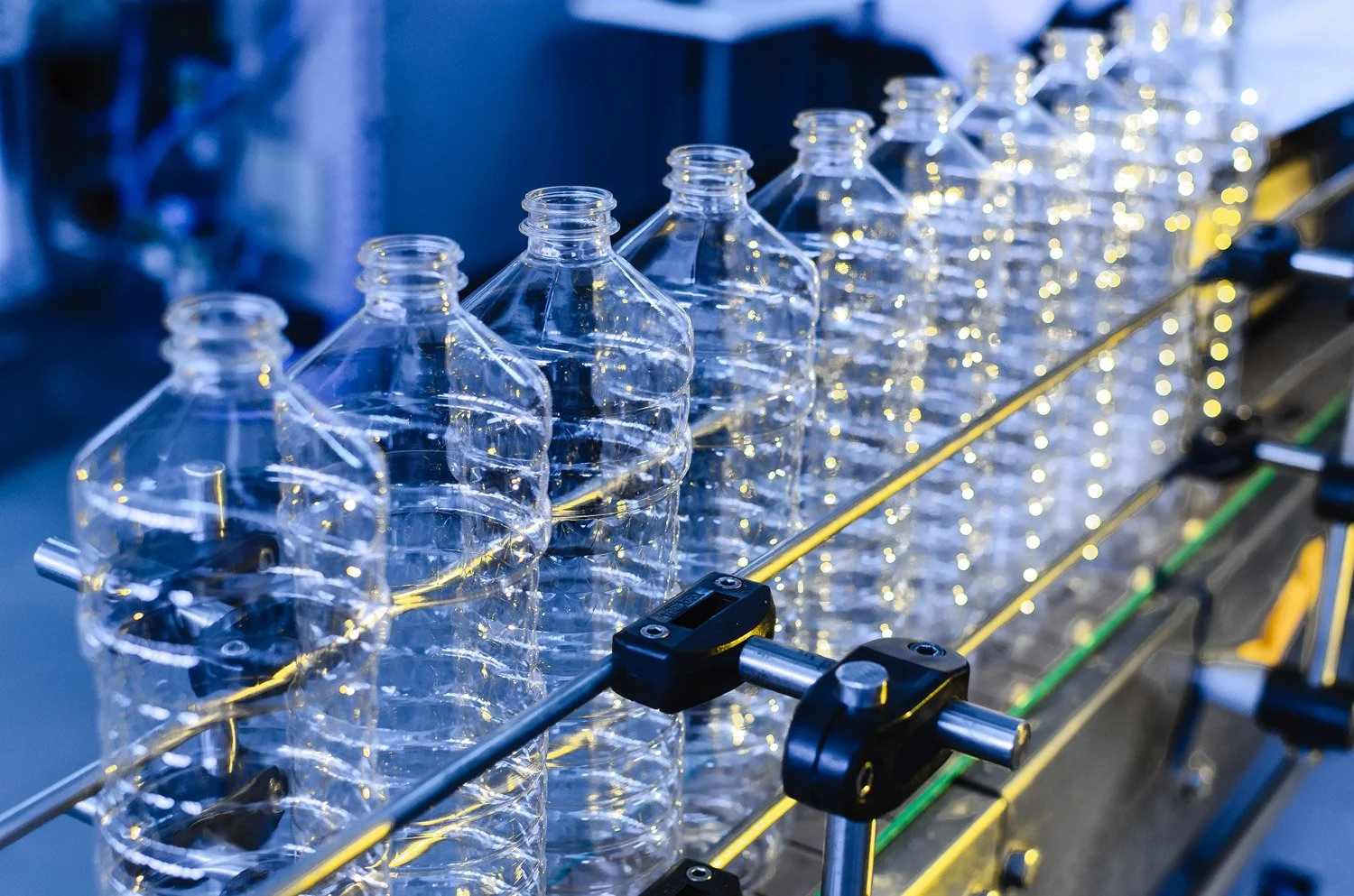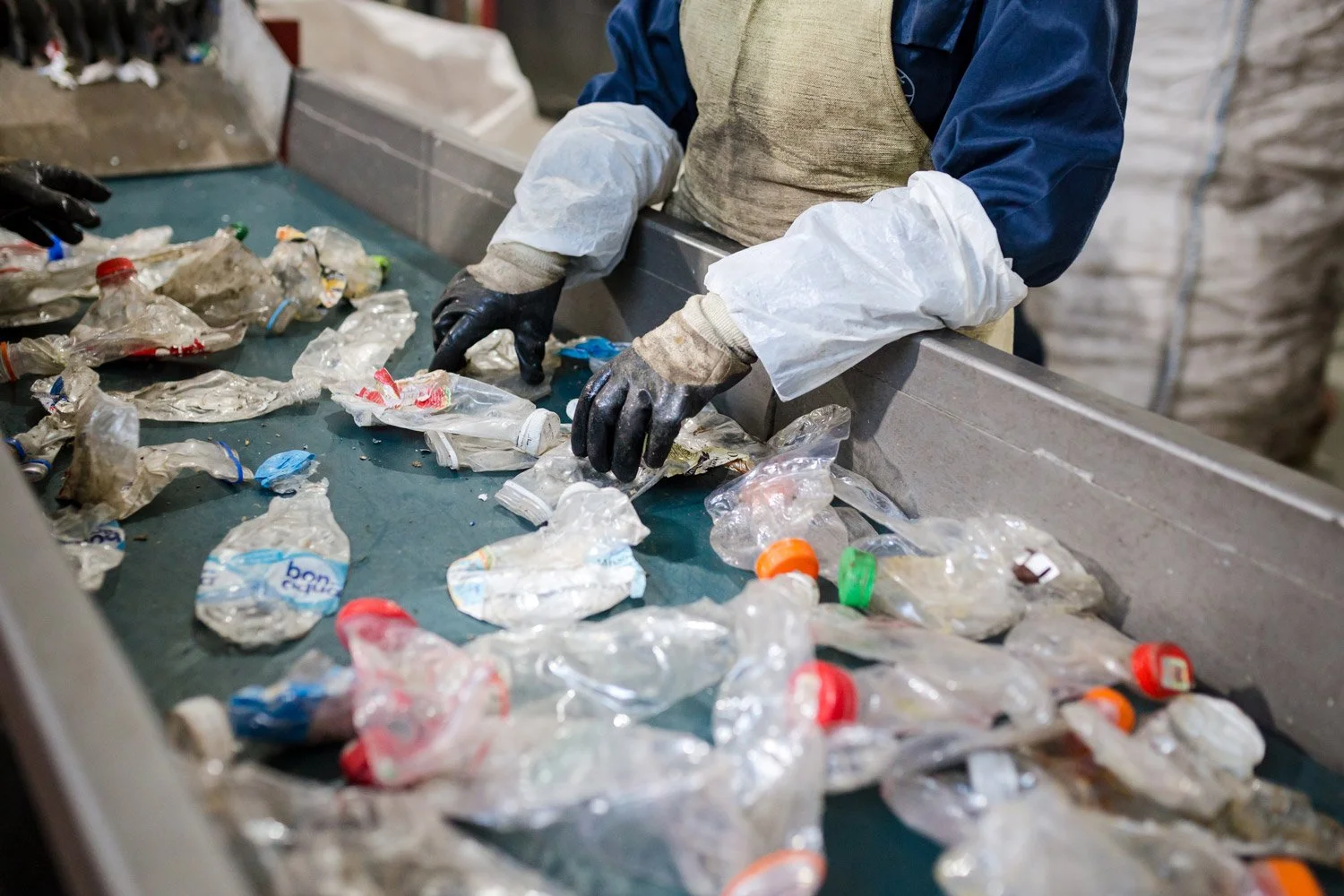
What is the problem with plastic?
Until there is a dramatic reduction in plastic use, we need a responsible way to deal with waste plastic.
Global plastic production remains at historically high levels
Plastic production and its use continues to rise - global plastic production has grown from 1.5 million tonnes in 1950 to over 400 million tonnes today. It is forecasted that global plastic production will reach 1 billion tonnes by 2050 (McKinsey & Co, 2018). With decomposition rates ranging from 5-1000+ years, until there is a dramatic reduction in demand, we will need to have better ways to deal with waste plastic.
Only 9% of all plastic ever made is likely to have been recycled*
Made from oil, plastic has revolutionised the way we live. On one hand, its durability and variety of forms are huge assets. On the other, it is these qualities which mean it takes so long to decompose and make it so difficult to recycle. With only 9% of all plastic ever made likely to have been recycled and only 44% of plastic in the the UK recycled or exported each year Remarkable Energy’s transformative technology is optimally positioned to drive growth in waste plastic recycling.
*National Geographic 2019
Remarkable Energy - transformative technology that recycles waste plastic into high-value products
Remarkable Energy was founded because of the part waste plastic plays in the earth’s wider environmental crisis. We saw that it could be reused as a valuable resource instead of contaminating the land, oceans and even the air we breathe. It is not sustainable to export, bury or incinerate waste plastic. Nor can we rely on recycling technologies that are energy intensive or polluting. Remarkable Energy’s Thermal Catalytic recycling process uses lower energy and has lower emissions offering a more sustainable route to effectively cleaning-up waste plastic.

The recycling of waste plastic can help address the world’s plastic pollution problem, but only if it does not exacerbate the environmental issues we face.



